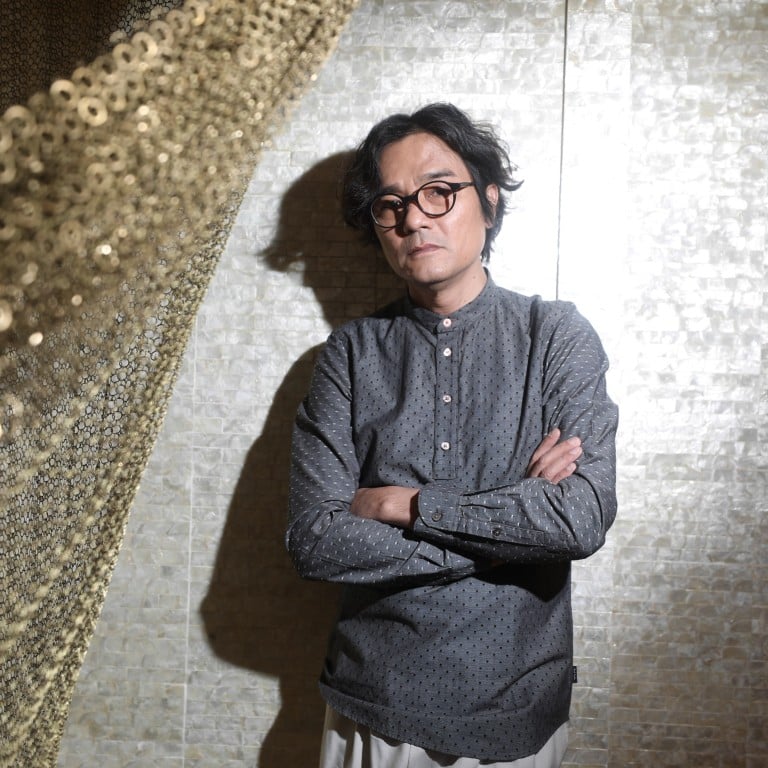
How film actor Gordon Lam Ka-tung, star of Limbo and Trivisa, became one of Hong Kong cinema’s power players on screen and off
- Gordon Lam Ka-tung has grown from bit-part television actor in the 1980s to award-winning leading man and producer of some of Hong Kong’s best regarded movies
- Lam, who as an actor initially earned less than a hotel bellboy, is now paying his fame and acclaim forward by working with those waiting for their big breaks
He has one of the most recognisable faces of today’s Hong Kong cinema, yet Gordon Lam Ka-tung’s unassuming demeanour belies the movie-star stature he has cemented over the past few years.
“Lam Ka-tung is nothing – to borrow from the Buddhist way of saying,” he says. “It’s only through my characters or screenplays that I bring out ideas for other people to reflect upon.”
Lam, who turned 54 in September, has grown from a bit-part television actor in the late 1980s to a perennial scene-stealer in big-screen supporting roles in the 2000s, all the way to an award-winning leading man and the producer of some of Hong Kong’s hottest movies. It is his slow, but seemingly unstoppable, career trajectory that has proved the most inspirational aspect of this hard-working man.

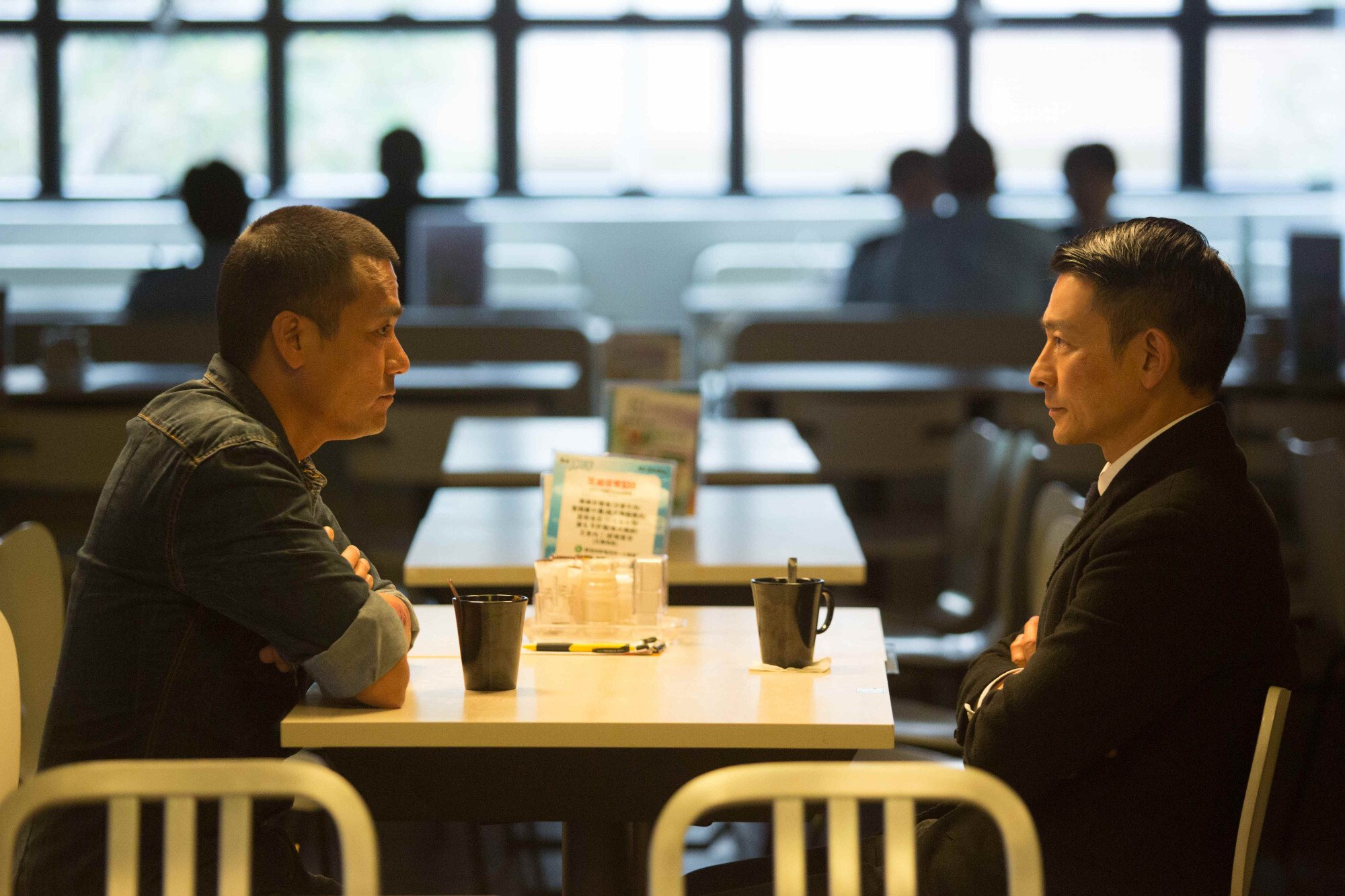
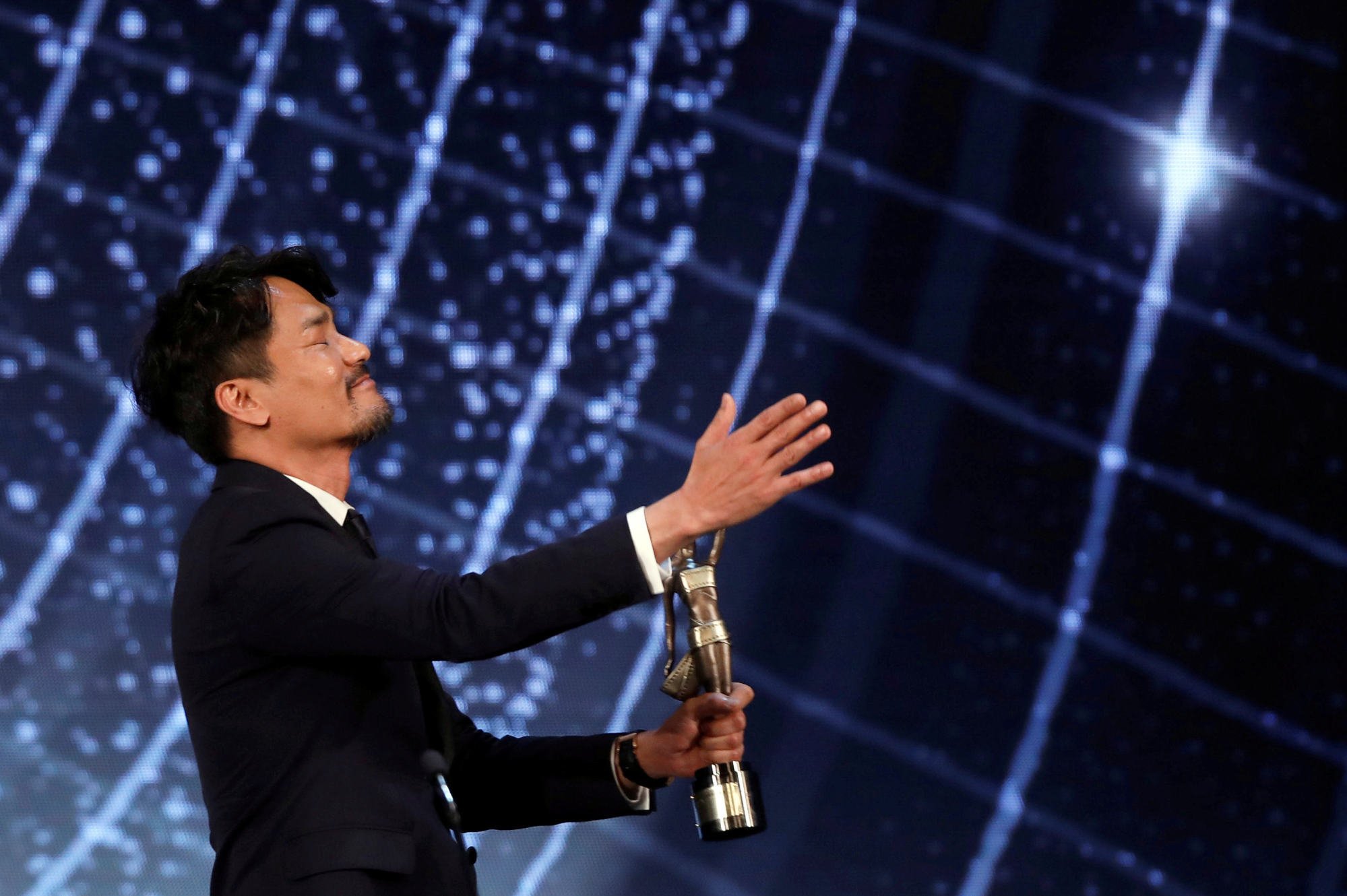
“What Time taught me is that it’s possible for us to write our own stories and connect with the audiences through them,” he says of the surprise hit. “Why are we often writing our screenplays with one eye on the market? That’s not really necessary. When you write a good script, the market will open up for you.
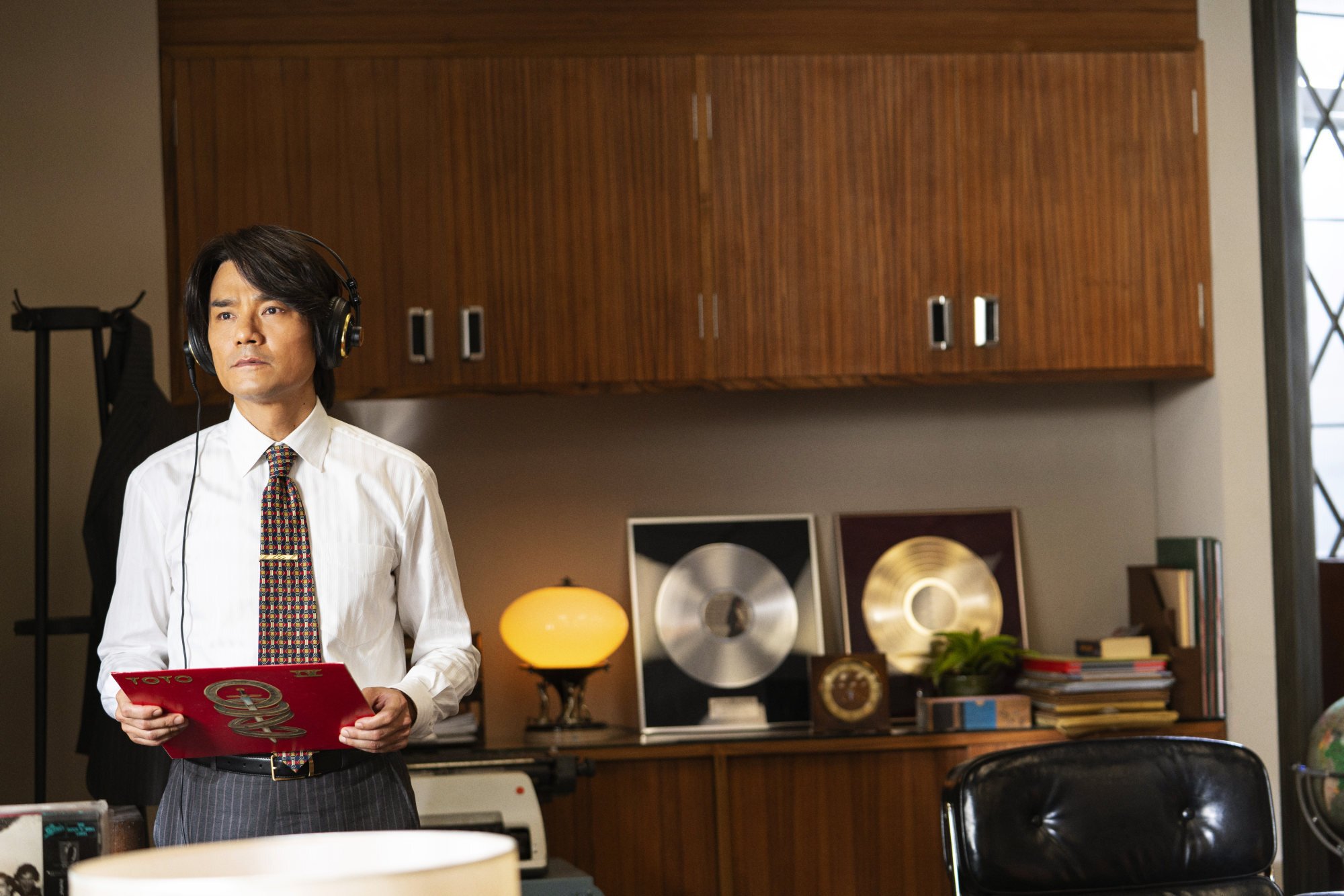
“In the past, everyone said that musical dramas or stories about elderly people have no place in Hong Kong cinema, and I kept asking: Why not? Have you tried it yet? If you haven’t, how do you know?”
A comedy-drama about the loneliness of Hong Kong’s ageing population, Time marks the feature directing debut of a long-time assistant director, Ricky Ko Tsz-pun, and stars 1960s screen icons Patrick Tse Yin and Petrina Fung Bo-bo.
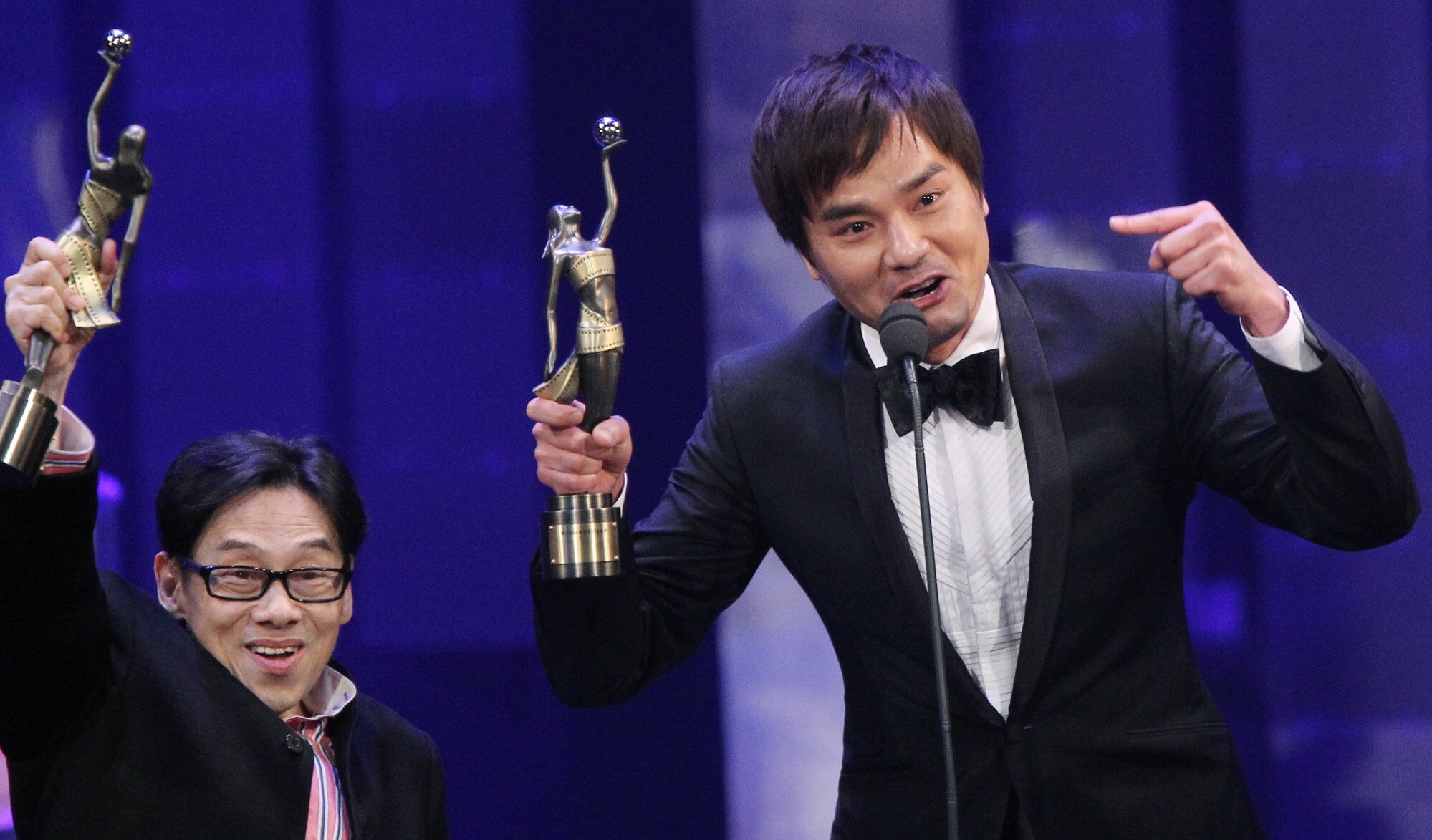
“That film had a great influence on me. I never thought that we were going to receive any recognition that year. Then again, it also gave me a better understanding about my own purpose in this industry.
“As an actor, of course there’s a sense of vanity involved,” he pauses for an embarrassed chuckle, “and it’s always nice to have some applause. But as a producer,” he says, “I always begin by contemplating the meaning behind doing a project. … I’m concerned about the people I pick to work behind the scenes. I hope to give them opportunities.
“Of course, it’ll be their own doing whether they can go further afterwards. But at least I’ve given them a platform to try and start from.”
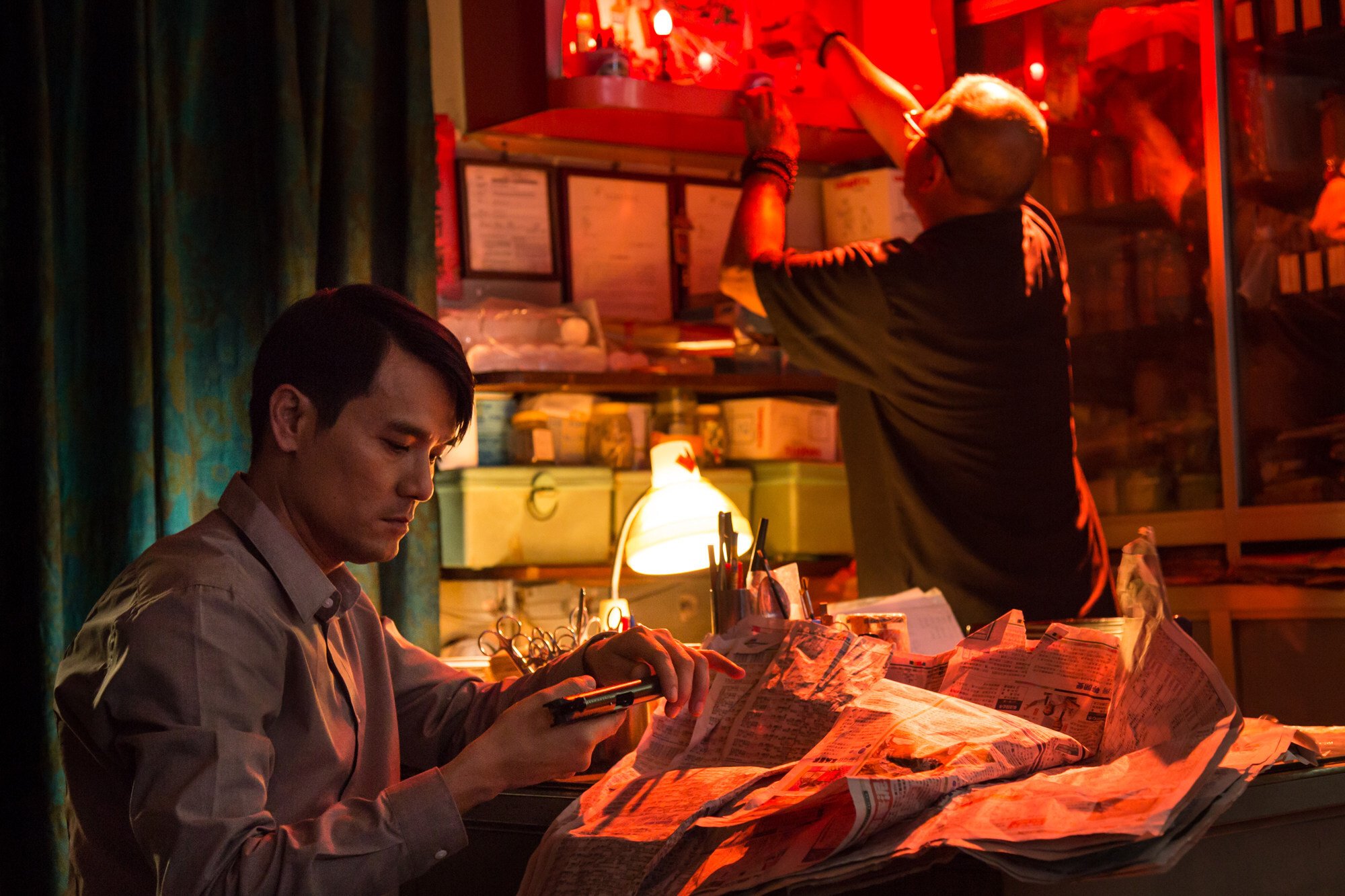
We put it to Lam that he has been doing a lot more for Hong Kong’s emerging talents in the past decade than most of his peers: all those critically acclaimed productions (from Gallants and Trivisa, to Hand Rolled Cigarette and Time) and even the film he’s currently shooting (a black comedy in which he co-stars with Aaron Kwok Fu-shing and Richie Jen Hsien-chi) are made by directors who were waiting for their big breaks.
“Let’s just say that we’re giving each other an opportunity,” Lam says with a big smile. “This is the [least] I can do. I know that audiences are feeling sorry for the current state of Hong Kong cinema. [That’s] the reality. So as someone with experience, if I could be of any help, I’d do it. … And it would only work if you discover the new directing talents and give them the opportunities too.”
Lam knows what it’s like to struggle. In his earliest days as a television actor, his starting salary was even worse than the basic salary that a bellboy could get in a hotel, he says. “I was making HK$3,000 a month at the television station, whereas I could make HK$20,000 and eat buffet every morning working in foreign exchange – but I did the latter job for only a year and quit because I really wasn’t happy.

“I asked myself if I really wanted to be an actor – and I really did want to be an actor. I did ask myself that question,” he says as he recalls the pivotal moment in the early 1990s. “It was never about money.”
His enthusiasm for assisting those in need stems from an experience early in his life. When we ask him to clarify the usage of his English name “Gordon”, which is prevalent in the press coverage about him but has had sporadic use in his official film credits in recent years, Lam says: “I don’t really use the name, but I don’t mind it either.
“The name was actually given to me by a church, though I wasn’t even Christian. [My family] were living in a resettlement area during my primary school years, and there would be people from the church coming to visit. They asked for my [English] name, I told them, ‘I’m just Lam Ka-tung’, and then they gave me the name [Gordon].”
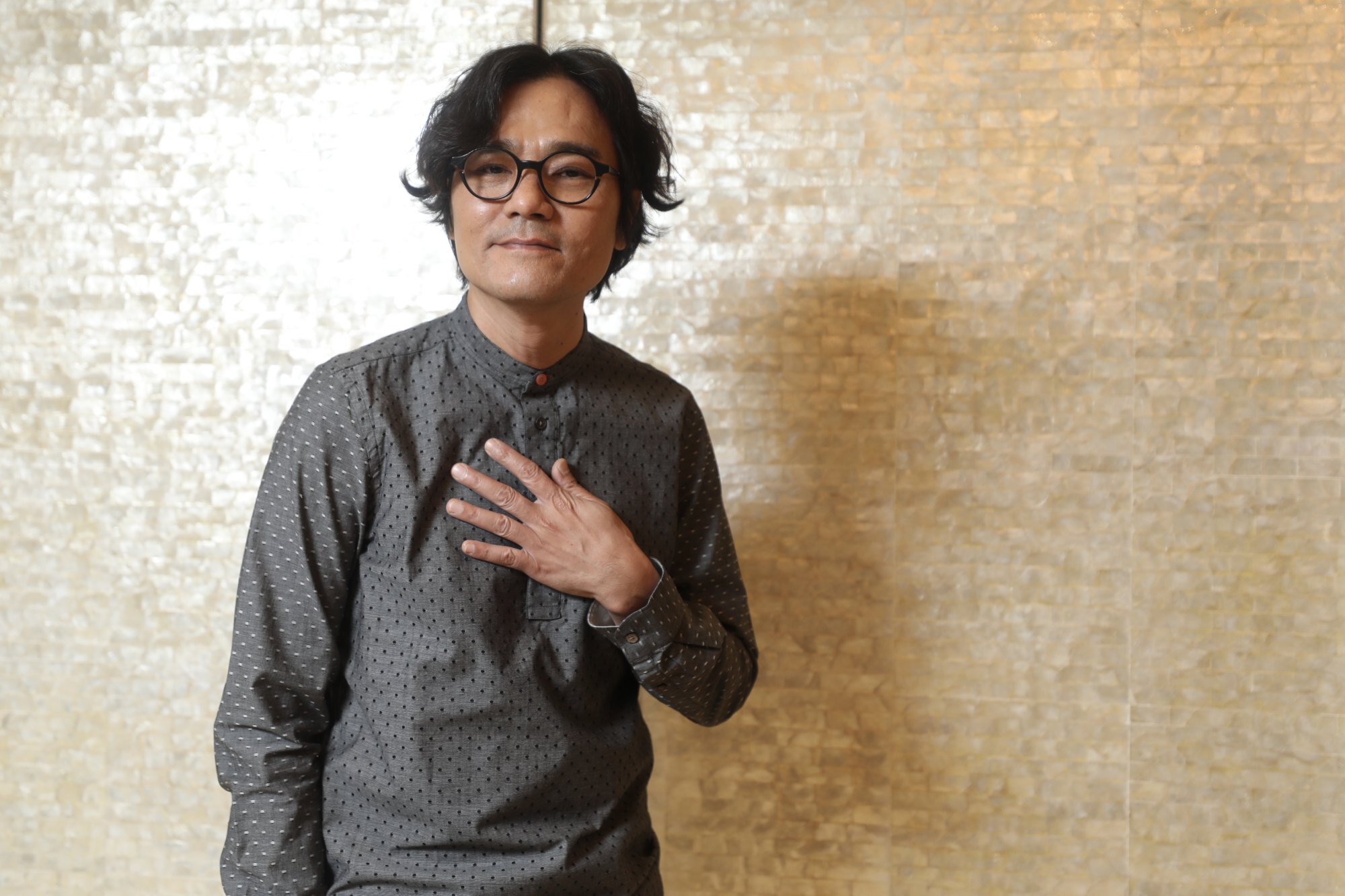
“The point was that if I followed them back to the church, I’d be given food,” he laughs. “I was a Primary Three kid and there was free food for me to eat! This memory is still shaping the way I look at things later in my life. Irrespective of whether it was the right religion for me, the attitude those people demonstrated in helping others – I got it.”

